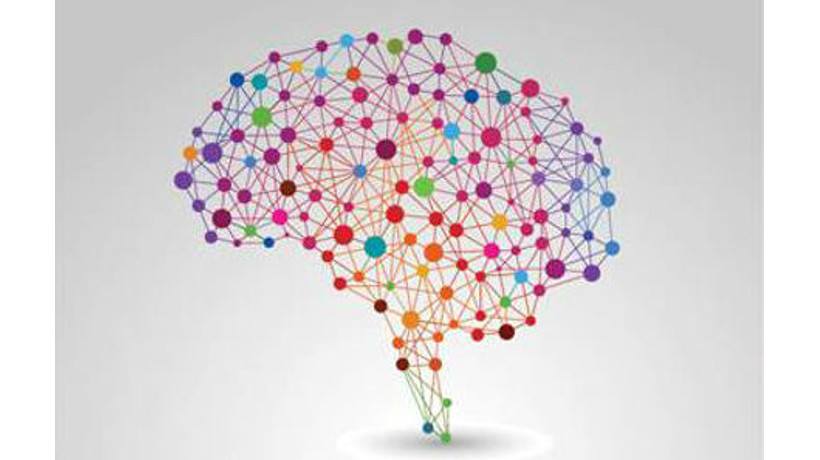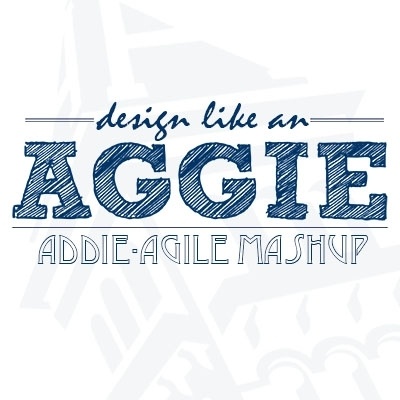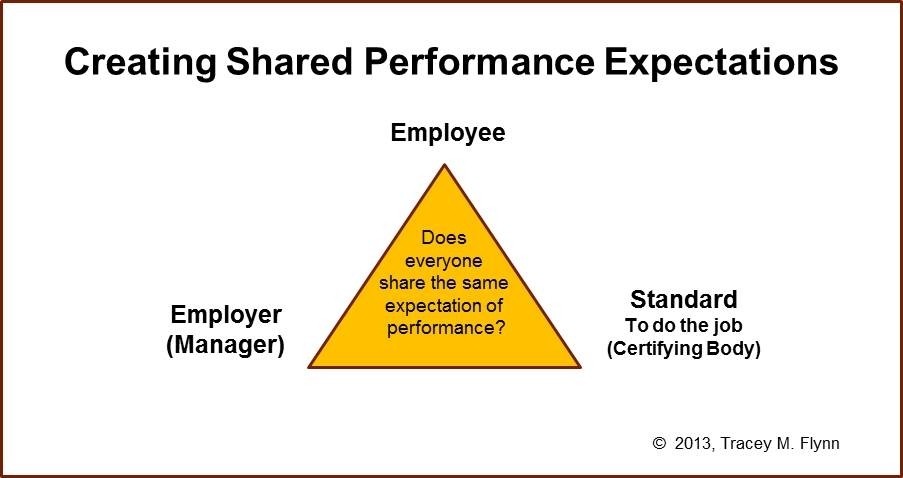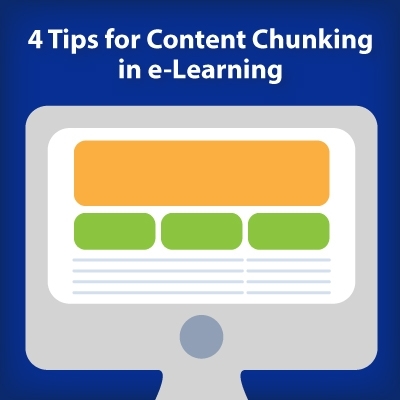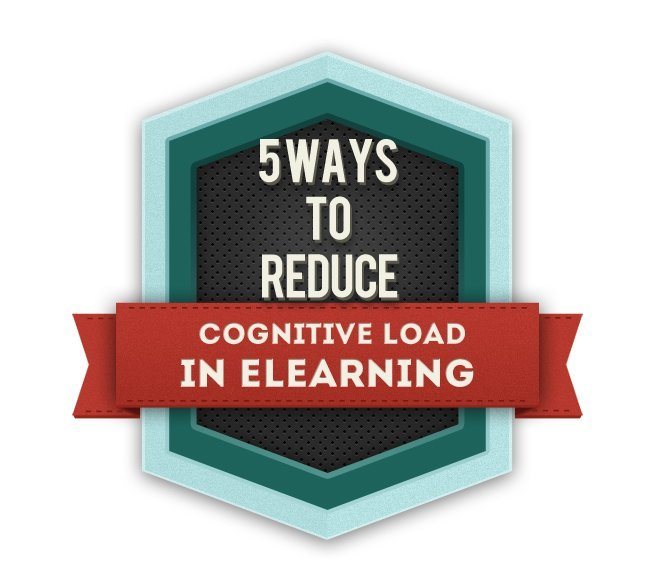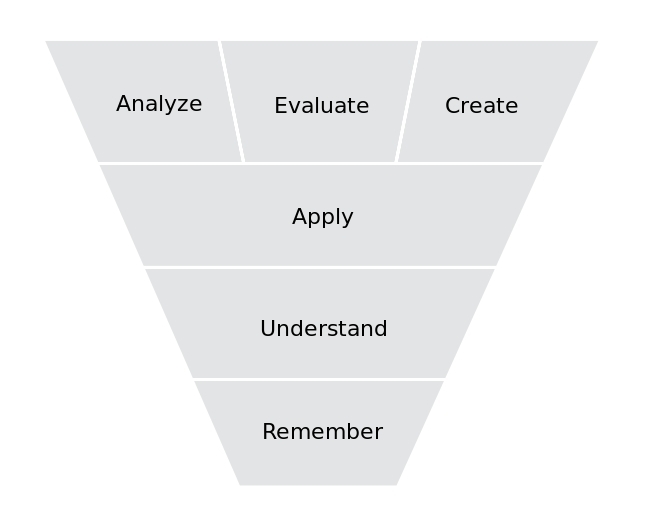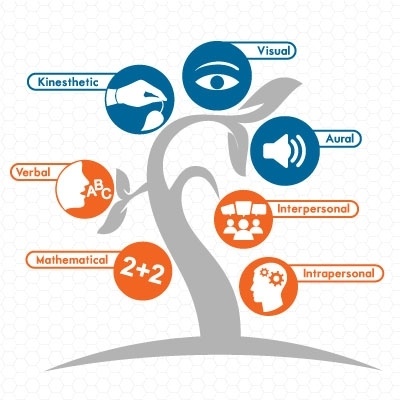May 8, 2014
6 Scientifically Proven Brain Facts That eLearning Professionals Should Know
In this article, I will share some scientifically proven brain facts that you'll want to take into consideration before creating your next eLearning course. Keeping these interesting brain facts on hand may allow you to develop eLearning courses that offer the most value and benefit to the learner, given that you'll have a more comprehensive understanding of the inner works of the brain.
by Christopher Pappas
